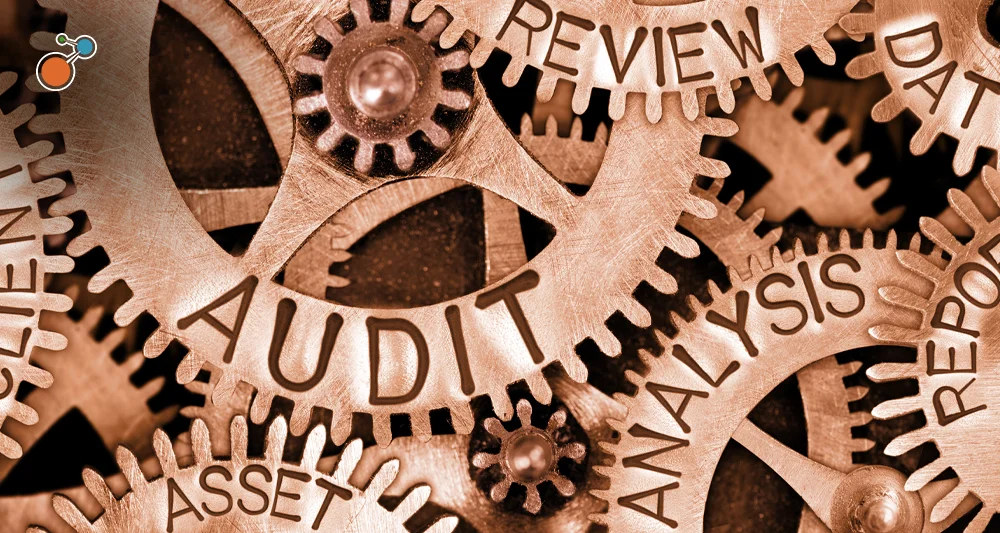Financial services compliance is a daunting proposition for banks, insurance companies, investment firms, and FinTech firms worldwide. The rules and regulations are complex and ever-expanding – and compliance is often viewed as a chore.
Broadly speaking, these regulations aim to promote trust and accountability while protecting customers – something that financial services firms generally want to do anyway. Rather than simply doing the minimum required, look at compliance as a starting point to strengthen your brand’s trustworthiness, expand your customer base, enhance relationships, and boost your bottom line.
Four Primary Areas of Financial Services Compliance
As financial services have expanded and new technology has emerged, the opportunities for malfeasance – intentional and inadvertent – have grown as well. High-profile news events, major lawsuits, and public pressure have led lawmakers to implement a growing list of regulations intended to prevent potential wrongs.
Here’s a look at the four main areas of global compliance obligations – and where you can find opportunities.
1. Privacy and security
Financial institutions gather and store large amounts of information about their customers. Those customers in turn are increasingly concerned about how well their private information is protected, especially as cyberattacks continue to make headlines.
Obligation: Protecting personal information has been on regulators’ agendas for many years, notably with the U.S.’s Gramm-Leach-Bliley Act as well as the EU’s GDPR. While neither of these is new, regulators are just as committed to enforcement as ever. Fines for GDPR violations, for instance, top €4 billion to date.
More regulations are on the horizon, including the new Payment Card Industry Data Security Standard, which tightens its security requirements for financial institutions participating in retail transactions.
Opportunity: Financial services compliance with privacy laws shows your organization cares about protecting its customers and their private information, demonstrating your commitment to earning their trust. That care can spur loyalty among existing customers and may help you attract new ones.
2. Business continuity
Financial institutions are so central to modern economies that business continuity and operational resilience have long been of concern to regulators around the globe. Some of these regulations are focused on the IT side of maintaining operations, while others emphasize an institution’s ability to handle financial stress, manage risk, and enhance transparency.
Obligation: Three new operational resilience regulations will go fully into effect next year: The Bank of England’s FCA/PRA regulations, the EU’s Digital Operational Resilience Act, and Australia’s CPS 230. All of these require institutions to be operationally resilient in the face of a disruption. Penalties include preventing noncomplying banks from distributing dividends and paying bonuses, imposing higher capital requirements, and in extreme cases, forcing them to restructure or taking away their license to operate.
Opportunity: This is another chance to gain customer trust and loyalty by keeping your services up and running while others have gone dark. More directly, minimizing downtimes limits potential financial losses from business that can’t be transacted. The process of complying with these regulatory requirements is also your opportunity to reexamine your processes, identify and mitigate vulnerabilities, and update your system to boost your readiness for disrupting events.
3. Fraud prevention
Financial fraud is always a concern. Generative AI and other technology advances have intensified the dangers with increasingly sophisticated phishing, deepfakes, and money laundering tactics. Regulators are trying to keep up by updating, strengthening, and adding to rules to stop fraud.
Obligation: The U.S. Sarbanes-Oxley Act – better known as SOX – targets corporate financial fraud and remains a significant compliance burden for the financial services industry. Just last year, the SEC filed 784 enforcement actions, obtained orders for nearly $5 billion in financial remedies, and distributed nearly $1 billion to harmed investors. Anti-money laundering laws in Europe and Australia aim at curbing illicit financial transactions. And U.S. regulators have proposed new rules to toughen similar American laws.
Opportunity: Adhering to relevant regulations can protect the overall financial stability of your institution. Proactive fraud prevention also can protect customers’ finances, build trust, and avoid what could be lasting damage to your reputation.
4. Accountability
Accountability for acting with intention and integrity – for individuals and organizations – adds teeth to regulations by levying harsh fines on those who cut corners or point fingers at others.
Obligation: Accountability is the prime focus of the new EU Artificial Intelligence Act. The overall purpose of the EU AI Act is to impose ethical standards and human oversight around the use of AI to protect citizens from potential dangers. Like GDPR, the fines for noncompliance are steep. In the U.K., the Senior Managers & Certification Regime – SMCR – is an accountability framework for holding individuals responsible for their actions. Here too, fines can be painful. In one instance, a financial services officer was personally fined nearly £3.7 million for failing his duties.
Opportunity: The accountability laws can have an extremely positive impact on company culture by clarifying individual responsibilities and empowering appropriate action. A good culture inspires operational excellence, which can itself inspire customer loyalty.
Maximize Your Opportunities
The frenzy of financial services compliance requirements is unlikely to slow down anytime soon. If the thought of even more regulations piling on top of your already heavy burden is crushing, it may be time to change your approach.
Avoid the risk of noncompliance – today and tomorrow – by consolidating all requirements, controls, and actions in one centralized location. This eliminates duplicate work and ensures consistency throughout.
Software can automate reporting, apply a single control to multiple regulations, verify compliance, and maintain an audit trail of activity. The right software also can easily accommodate new or changing requirements.
Once the business of compliance is running smoothly, your time will be freed up to focus on maximizing opportunities to strengthen the trustworthiness of your brand. And for financial services organizations, greater trust goes right to the bottom line.






